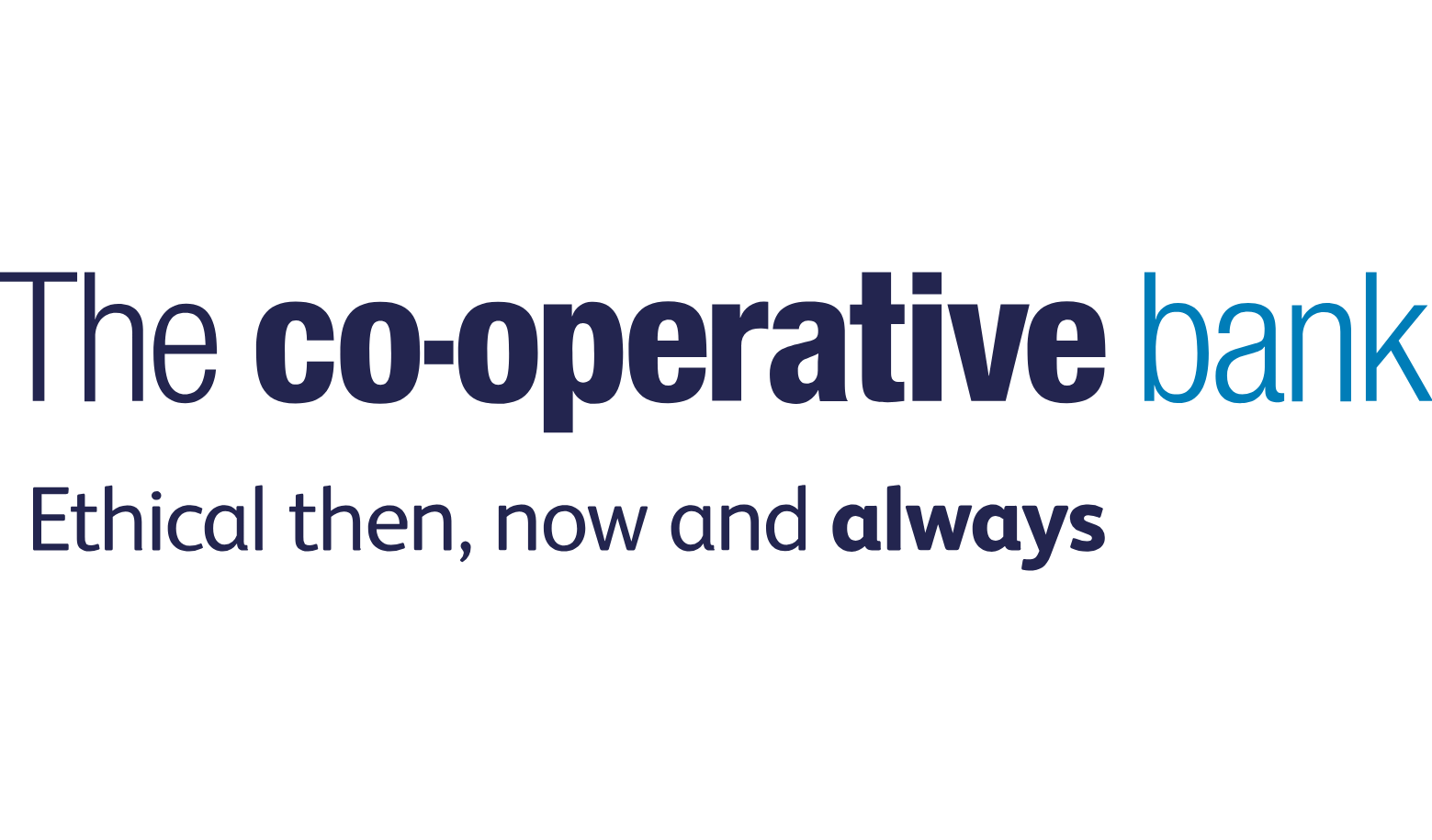The Co-operative Bank has said its transformation programme is “materially complete” ahead of its merger with Coventry Building Society.
The bank's multi-year overhaul includes a £100 million IT cash injection.
Co-op also revealed in April a series of organisational changes across the bank, which will see around 400 roles axed.
In a first quarter trading update, the bank said that it had reached "significant milestones" as part of its transformation plans, with only seven per cent of total customers left to migrate onto its new system.
The update comes after it was announced last month that Coventry would acquire Co-op Bank as part of a £780 million deal.
Co-op first entered into exclusive talks with the building society late last year.
Coventry plans to integrate the bank gradually over several years, with the combined group expecting a balance sheet of £89 billion based on figures recorded at the end of last year.
"Significant progress has been made in our IT simplification programme, which is now nearing completion, with only six per cent of savings customers and 14 per cent of mortgage customers left to migrate," said Nick Slape, chief executive, the Co-operative Bank.
The chief exec went on to say that the bank's risk balance sheet "remains resilient", with all key financial performance in line with expectations and no change to full-year guidance.
Latest News
-
Gemini to cut quarter of workforce and exit UK, EU and Australia as crypto slump forces retrenchment
-
Bank ABC’s mobile-only ila bank migrates to core banking platform
-
Visa launches platform to accelerate small business growth in US
-
NatWest to expand Accelerator programme to 50,000 members in 2026
-
BBVA joins European stablecoin coalition
-
eToro partners with Amundi to launch equity portfolio with exposure to ‘megatrends’
Creating value together: Strategic partnerships in the age of GCCs
As Global Capability Centres reshape the financial services landscape, one question stands out: how do leading banks balance in-house innovation with strategic partnerships to drive real transformation?
Data trust in the AI era: Building customer confidence through responsible banking
In the second episode of FStech’s three-part video podcast series sponsored by HCLTech, Sudip Lahiri, Executive Vice President & Head of Financial Services for Europe & UKI at HCLTech examines the critical relationship between data trust, transparency, and responsible AI implementation in financial services.
Banking's GenAI evolution: Beyond the hype, building the future
In the first episode of a three-part video podcast series sponsored by HCLTech, Sudip Lahiri, Executive Vice President & Head of Financial Services for Europe & UKI at HCLTech explores how financial institutions can navigate the transformative potential of Generative AI while building lasting foundations for innovation.
Beyond compliance: Building unshakeable operational resilience in financial services
In today's rapidly evolving financial landscape, operational resilience has become a critical focus for institutions worldwide. As regulatory requirements grow more complex and cyber threats, particularly ransomware, become increasingly sophisticated, financial services providers must adapt and strengthen their defences. The intersection of compliance, technology, and security presents both challenges and opportunities.
© 2019 Perspective Publishing Privacy & Cookies













Recent Stories